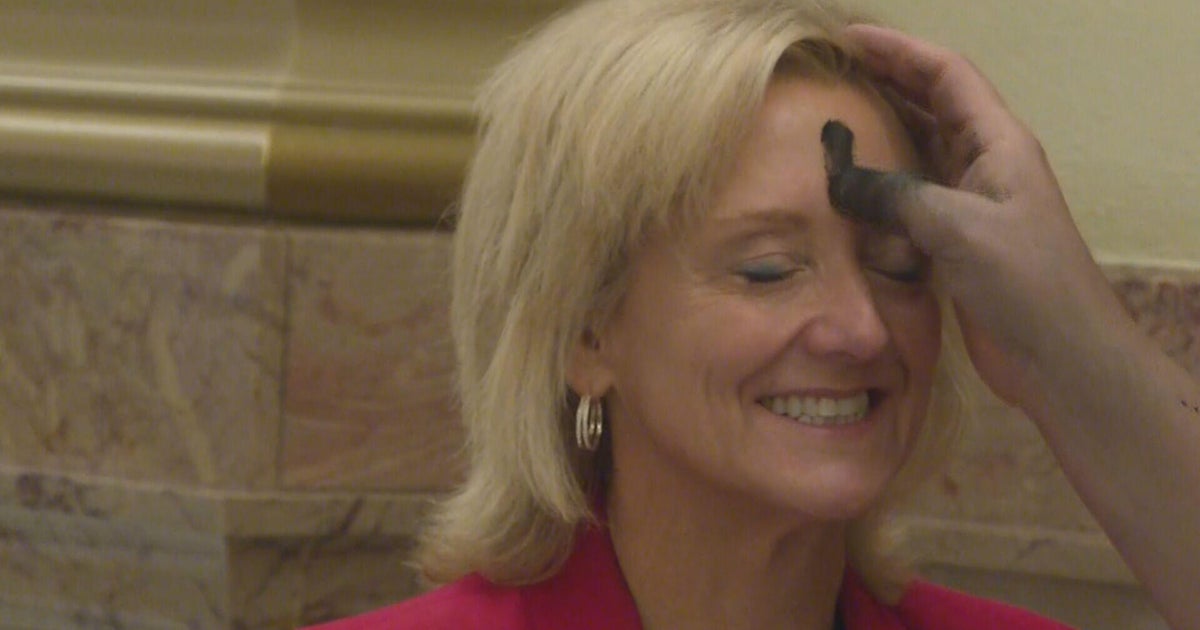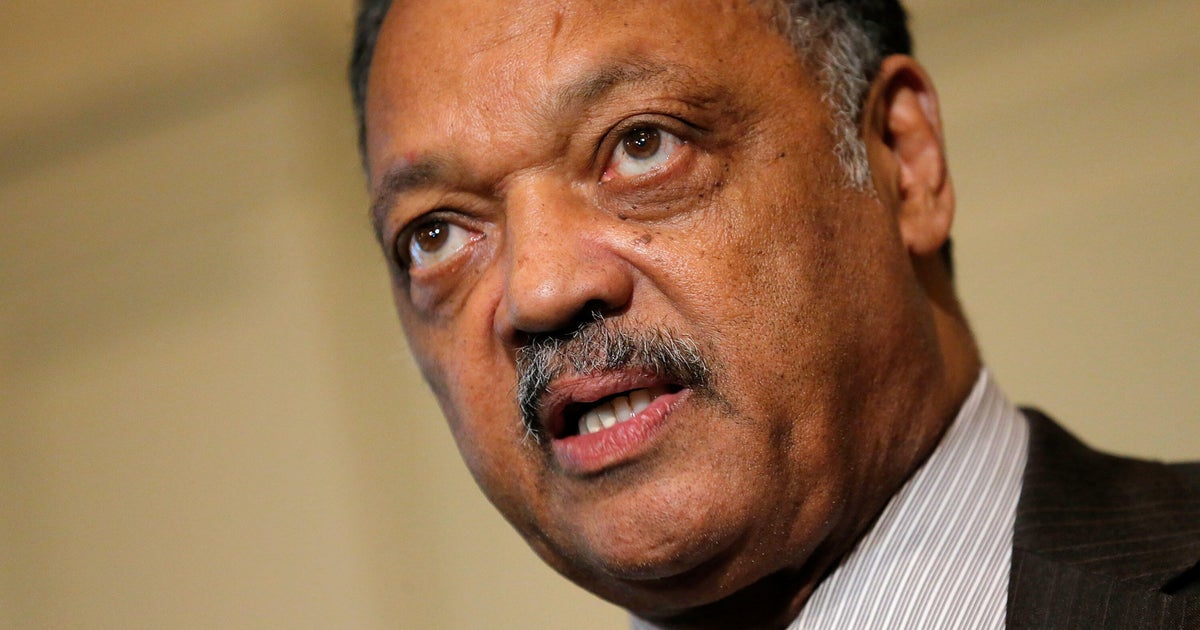Members of Colorado's Congressional delegation react to U.S. reaching debt limit
A showdown might be in the works among our lawmakers that could put a strain on the U.S. economy. The federal government has officially reached the legal limit of how much it can borrow to pay the bills Congress has already authorized.
The possible consequences of hitting the debt ceiling include non-essential government employees being furloughed, tax refunds being delayed and museums and national parks closing.
The treasury is taking measures right now that essentially stretches out its cash reserve until this summer. After that, if it can't issue new debt or bonds, it won't have enough money to pay all the bills.
Raising the debt limit has become a recurring battle in Congress. But this year, it is particularly concerning. The GOP enacted new rules that make it easier for individual members to make things difficult if they don't get what they want.
Rep. Ken Buck, a Republican who represents Colorado's 4th Congressional District, says what they want is simple, "We need to make sure we're not spending more money than we take in."
He says Republicans want to spend caps, not cuts, "Every program has got to be frozen. We can't allow programs to grow 6%, 8%, 10% when our economy is, especially in a year when we may have a recession, at best is growing 2%, 3%, 4%."
Rep. Jason Crow, a Democrat who represents Colorado's 6th Congressional District, says he's worried too about the debt -- which now stands at $31.4 trillion -- but he suggests Republicans are playing with fire, "It could derail the entire U.S. economy, which is in recovery mode right now. It could be catastrophic for the world economy and it's actually going to cost us potentially tens of billions if not hundreds of billions of dollars more."
Buck says Democrats are hyping the fear factor, "Obviously, I don't want to be irresponsible and let the country default but I think the threat of default is overstated and people need to negotiate in good faith and make sure we get spending under control and this is the opportunity to do it."
President Joe Biden is insisting that Republicans raise the debt ceiling before he will even engage in negotiations. If the two sides can't reach an agreement by this summer, the treasury will have to prioritize spending. About a third of the budget is discretionary spending. The rest is interest on the debt and programs like Social Security and Medicare. Those programs are mandatory so they can't be cut without a change in the law.
But if the treasury defaults on its debt payments, Crow says, it could impact financial markets around the world, "Using the debt ceiling as a political football is the wrong answer."









